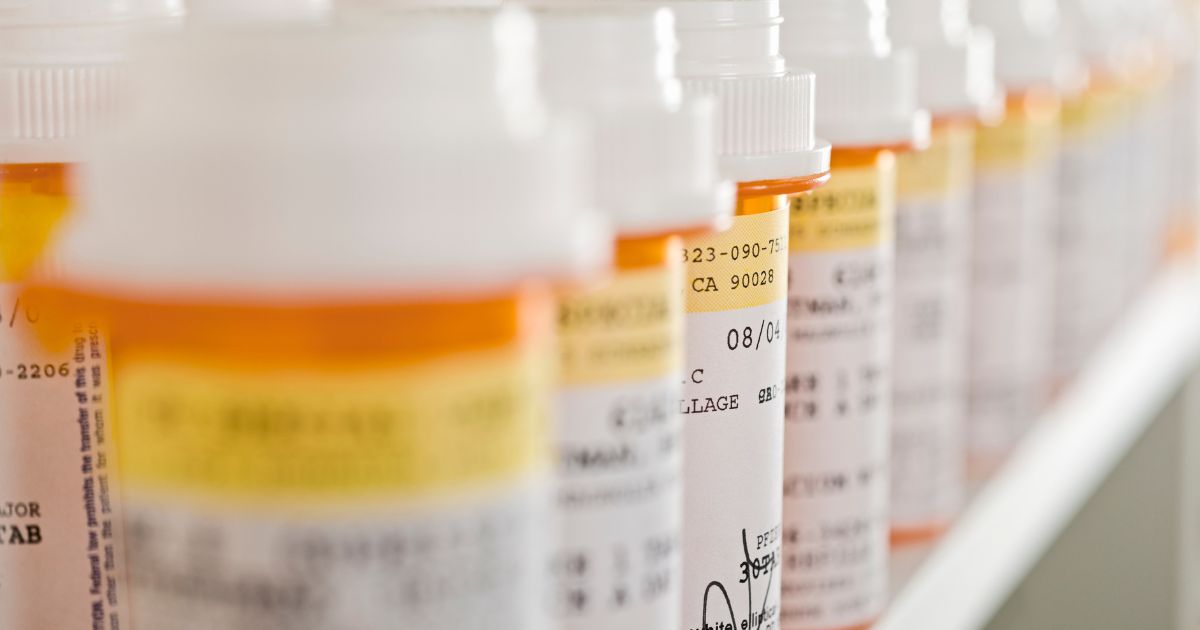Every year, over 41,000 people die from suicide, according to data from the Centers for Disease Control and Prevention (CDC). In 2016 alone, nearly 45,000 lives were lost to suicide, and since 1999, suicide rates have gone up over 30 percent in half the states in America (CDC).
September is National Suicide Prevention Awareness Month, dedicated to shedding light on the misconceptions surrounding suicide and mental illness and support a stigmatized and grieving community. Some suicide deaths are the result of untreated mental illness, but there is rarely one single factor that causes suicide. In fact, over half of those who died by suicide in 2016 did not have a known mental health condition.
Suicide Prevention Awareness Month focuses on outreach by connecting those with suicidal ideation to treatment services and friends and families to support services. September 10 is world Suicide Prevention Day, and National Suicide Prevention Week is September 9-15.
The relationship between suicide and substance abuse
Problematic substance use is the second largest contributing factor to suicide, at 28 percent. Suicide is the leading cause of death among those with substance use disorders (SUDs), with people who have SUDs being six times more likely to commit suicide than members of the general population, according to one study. One in three people who are victims to suicide are found to be under the influence of substances, typically opioids or alcohol (National Alliance on Mental Illness).
Why the correlation? SUDs often co-occur with mental health disorders like depression and anxiety; these co-occurring disorders can feed into one another and, if left untreated, may lead to suicidal thoughts and action. Stigmas surrounding both substance use and addiction can, unfortunately, discourage people from seeking the treatment that they need. A lack of treatment resources also perpetuates the issue. Additionally, people may engage in riskier behavior when under the influence.
NAMI lists suicide warning signs, as well as who is at risk for suicide:
Know the warning signs of suicide
- Suicidal ideation (threats or comments)
- Aggressive or violent behavior
- Increased use in alcohol/drugs
- Social withdrawal
- Dramatic mood swings
- Impulsiveness or recklessness
Someone exhibiting the following should seek help ASAP:
- Putting their affairs in order
- Saying goodbye
- Mood shift from despair to calm
- Planning to complete suicide, possibly by obtaining the means to do so
Who is at risk for suicide?
Certain factors may put someone at risk of suicide
- Family history of suicide
- Substance abuse
- Intoxication
- Serious/chronic mental illness, known or unknown
- Gender and age
- Stress, isolation, or a history of trauma/abuse
- Loss or tragedy
What can you do to help/raise awareness?
- Simply be nice. Social isolation is just one risk factor that contributes to suicide, so a smile or friendliness has the potential to go a long way.
- Post on social media with the hashtag #SuicidePrevention or #StigmaFree.
- Take action by getting involved through walks, volunteering, and other means through organizations like the American Foundation for Suicide Prevention and NAMI.
The CDC also lists five steps to help someone at risk for suicide: ask, keep them safe, be there, help them connect, and follow up.
What can you do if you need help?
- Call the National Suicide Hotline at 1-800-273-TALK
- Text NAMI to 741-741 for the Crisis Text Line
Help with addiction
Royal Life Centers at Puget Sound is a full-service medical detox and residential inpatient center located in Sumner, Washington. We treat dependence on alcohol, benzodiazepines, cocaine, methamphetamine, and opioids through a combination of medication management, holistic therapies, and individualized care. If you or a loved one has a substance use disorder, please reach out to us at (877)-RECOVER at any time for support and to learn more about your treatment options.






